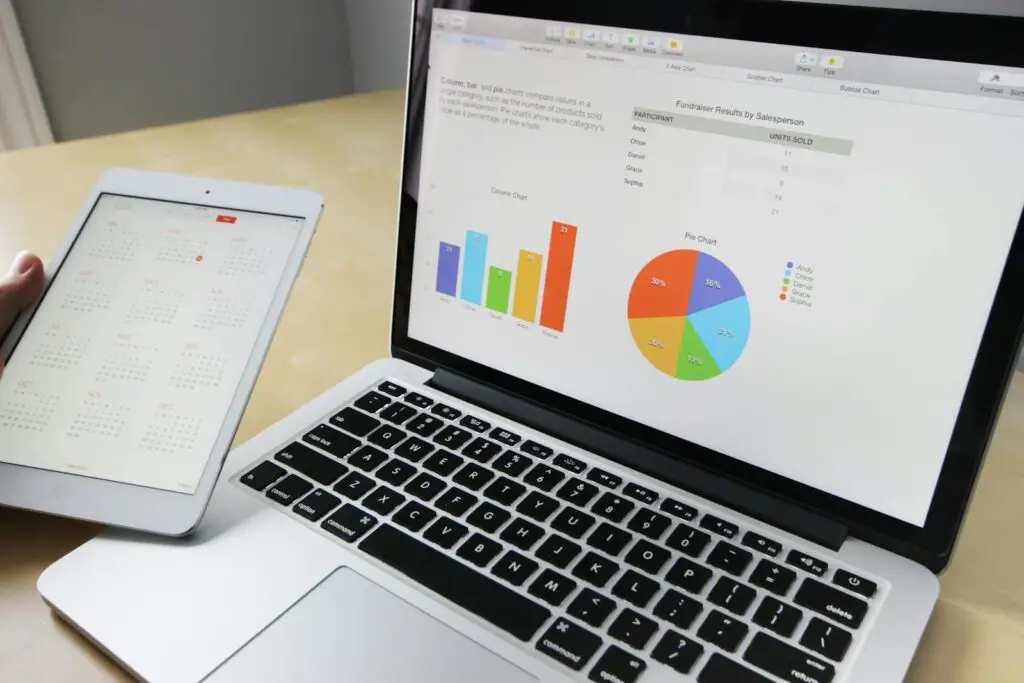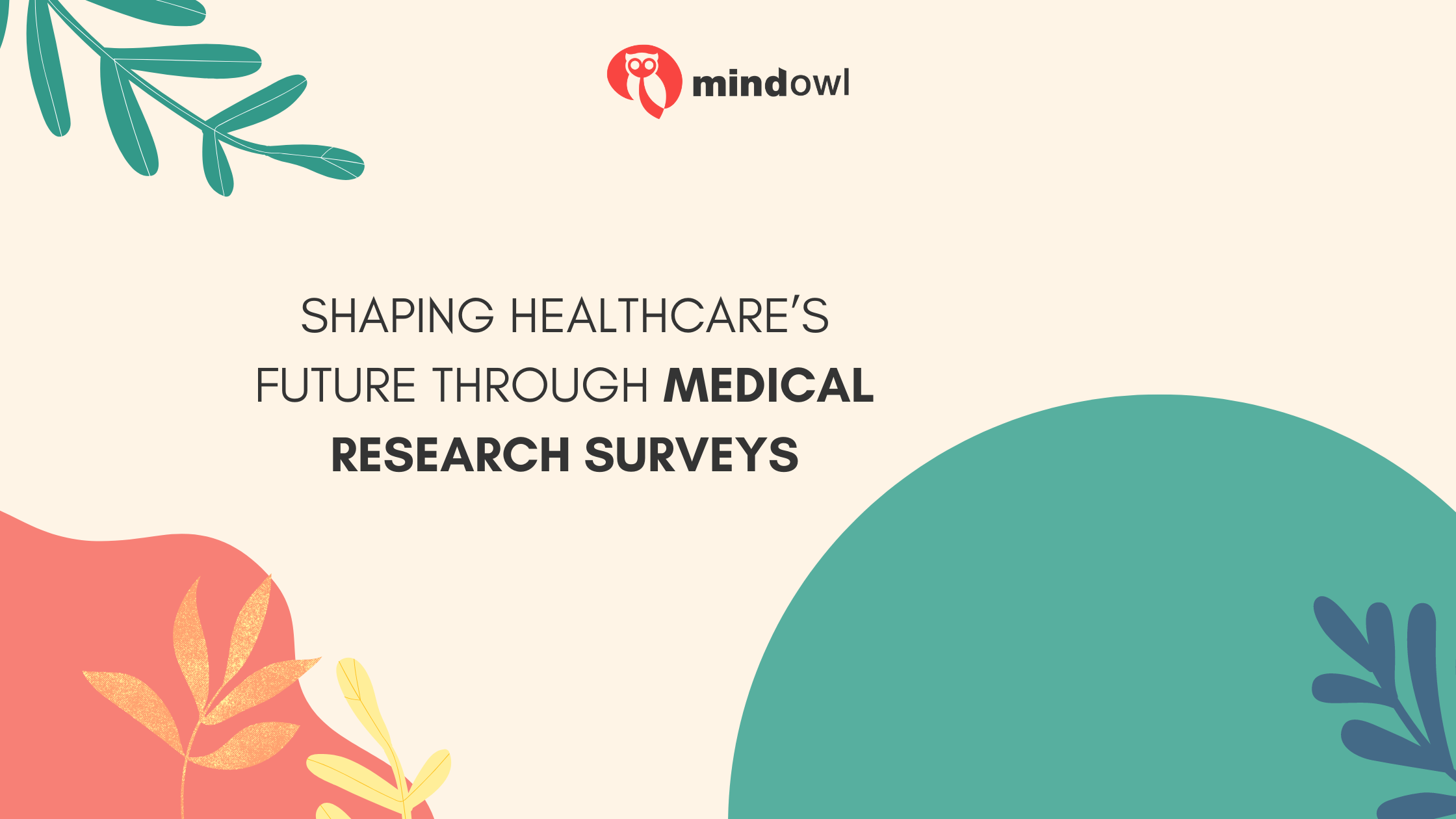The field of medicine is in a state of constant evolution, with new advancements and breakthroughs emerging at a rapid pace. Healthcare professionals are the backbone of these developments, providing essential care to patients and playing a critical role in shaping the trajectory of healthcare.
There has recently been a growing interest among healthcare professionals to extend their influence beyond typical patient care and actively contribute to advancing medical knowledge and practices. This interest is being facilitated by a fresh wave of medical research surveys that provide healthcare practitioners with a platform to share their unique perspectives, experiences and innovative ideas. By harnessing the collective wisdom of healthcare professionals, these surveys are driving progress and innovation in healthcare collaboratively and inclusively.
Want to know more about paid surveys for healthcare professionals? Read this informative blog till the end!

Why Medical Research Surveys Matter
Traditionally, the foundation of medical research has been deeply rooted in the rigorous processes of clinical trials and academic studies. These methodologies have been the gold standard for advancing medical knowledge, ensuring that breakthroughs in treatments and understanding patient outcomes are based on solid, evidence-backed findings.
However, despite their undeniable value, clinical trials and academic research are often characterized by their significant demands on time, resources, and financial investment. The lengthy duration from inception to publication and the substantial costs can limit the pace at which new insights are discovered and applied in practical healthcare settings. This is where medical research surveys step in, offering a powerful and complementary approach!
The Power of the Collective Voice
Paid surveys for healthcare professionals are conducted to gather valuable insights and real-world experiences on various topics ranging from emerging technologies to treatment trends. By sharing their experiences, healthcare professionals can play a vital role in:
- Informing research priorities: Survey data helps identify critical areas for medical research, ensuring resources are allocated to pressing challenges.
- Shaping treatment protocols: Medical research surveys can provide valuable insights that can inform the development of new treatment guidelines and protocols, ultimately leading to better patient care.
- Identifying gaps in knowledge: Surveys can prompt further investigation into specific diseases or treatments by revealing areas where more research is needed.
The Future of Medical Research Surveys
As technology evolves, so will paid surveys for healthcare professionals. We can expect to see:
- More user-friendly platforms: Surveys will become easier to access and complete, encouraging more participation.
- Real-time data analysis: Advanced analytics will allow for faster interpretation of survey results, leading to quicker action on critical issues.
- Increased collaboration: Surveys can connect healthcare professionals across the globe, fostering knowledge sharing and accelerating progress.
Conclusion
The beauty of medical research surveys lies in their ability to harness the collective wisdom of healthcare professionals from diverse backgrounds and specialties. By aggregating these insights, we can comprehensively understand healthcare challenges and opportunities, paving the way for more informed decision-making and impactful change.
If you want to earn money by participating in paid surveys, you can register with MDForLives. They are a reliable platform and offer high rewards!
MindOwl Founder – My own struggles in life have led me to this path of understanding the human condition. I graduated with a bachelor’s degree in philosophy before completing a master’s degree in psychology at Regent’s University London. I then completed a postgraduate diploma in philosophical counselling before being trained in ACT (Acceptance and commitment therapy).
I’ve spent the last eight years studying the encounter of meditative practices with modern psychology.

